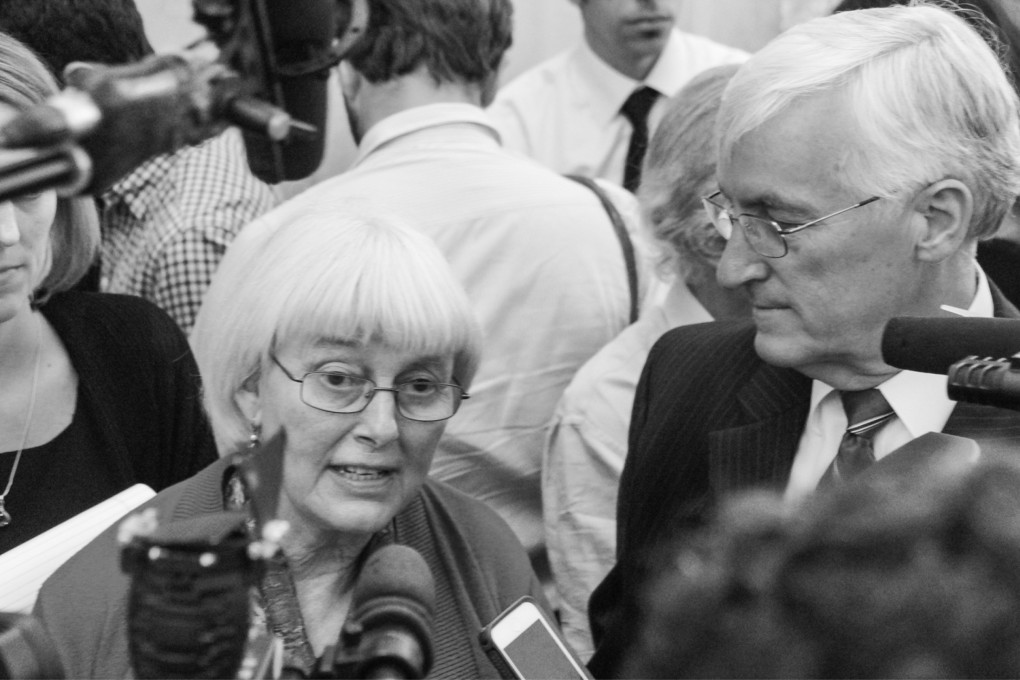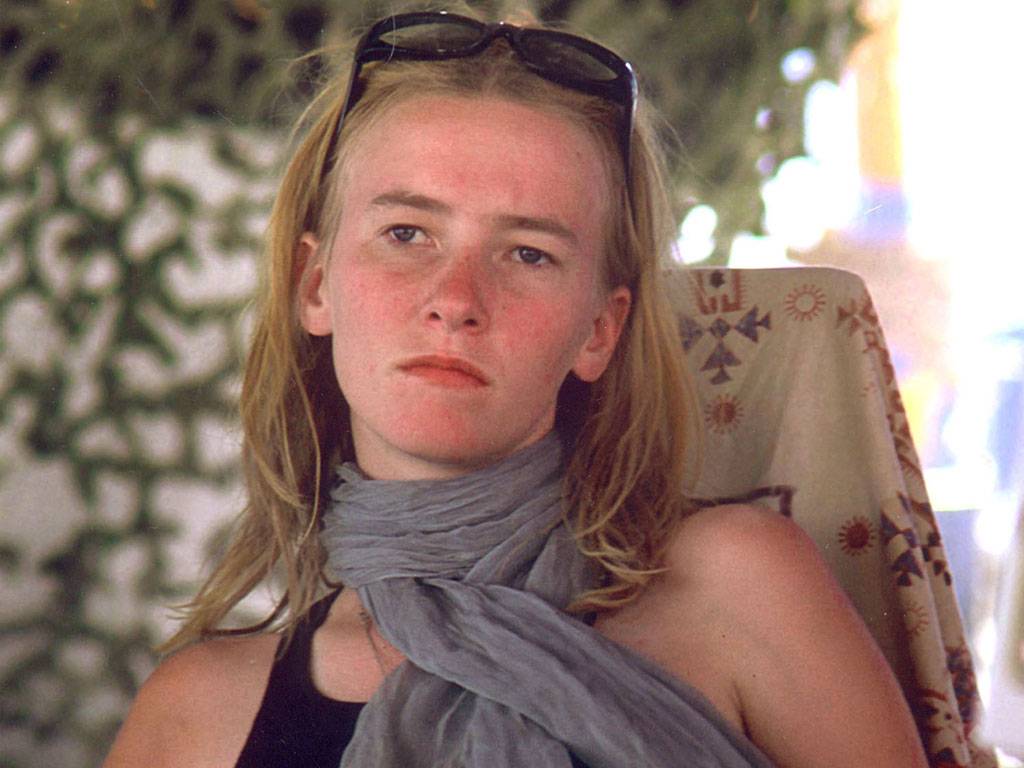Tag: Rachel Corrie
-
The case of Rachel Corrie
1st June 2014 | Jack Pine Tribune | Occupied Palestine Over a decade after Rachel Corrie was crushed under the blades of an Israeli bulldozer in Rafah, her parents Craig and Cindy Corrie found themselves in the halls of the Supreme Court of Israel. The Corries were appealing a verdict handed down in 2013 by Judge Oded…
-
Israeli Supreme Court to hear Rachel Corrie appeal
13th May 2014 | Rachel Corrie Foundation for Peace & Justice | Occupied Palestine Nine years after filing a civil suit against the State of Israel for the wrongful death of American peace activist Rachel Corrie, her family will have their appeal heard before the Israeli Supreme Court on May 21 at 11:30 a.m. in Jerusalem. The appeal, which will…
-
Remember Rachel
16th March 2014 | International Solidarity Movement | Occupied Palestine On this date 11 years ago, ISM volunteer Rachel Corrie was brutally murdered by the Israeli army in Gaza. Rachel was 23-years-old. This interview was filmed two days before Rachel was killed and her words are still unfortunately relevant when describing the situation in Gaza.…


